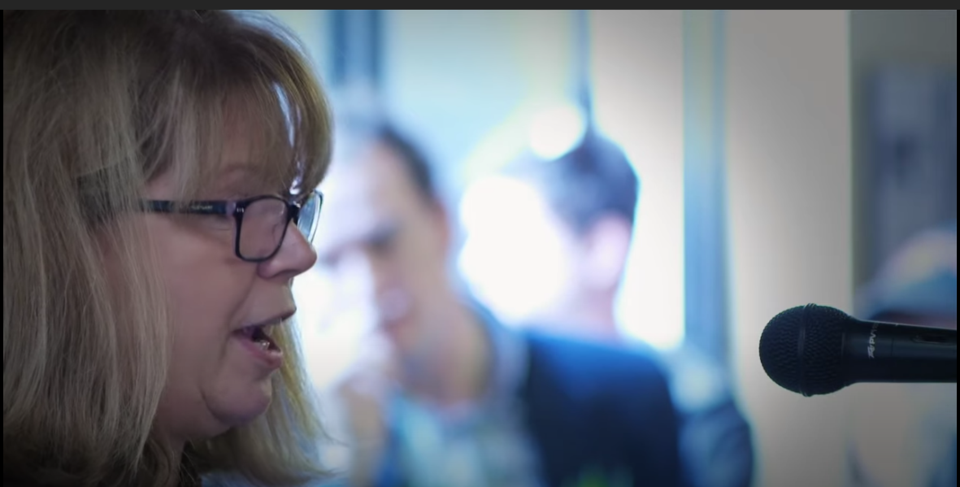BarrieToday welcomes letters to the editor at [email protected]. Please include your daytime phone number and address (for verification of authorship, not publication). The following letter is in response to a story titled 'Councillor calls for action plan in response to national overdose crisis' published on Oct. 29. The item for discussion is on tonight's council agenda.
*************************
I admire your plan of action regarding the overdose crisis being experienced in Barrie. It is similar to my plan after my experience with my daughter, Jac, who died by opioid overdose in 2012.
I took my concerns to municipal, provincial and federal governments, all the way to the United Nations in both New York in 2016 (UNGASS) and Vienna 2017.
In 2016, Canada’s then-minister of health, Dr. Jane Philpott, spoke of my daughter’s and my story of her substance use in her address at the UN. I spoke of it in a break-out session to country leaders responsible for the crisis in their respective countries.
It all sounds so amazing and big and exciting and like it should have gone somewhere toward at least slowing things down, now doesn’t it? But no. The political will wasn’t there and to a large degree that mindset remains. And that is exactly what needs to change in order to bring an end to Canada’s largest and longest health crisis.
What I and colleagues were able to accomplish from our many meetings with Philpott was to have naloxone moved on the drug formulary so it could be made available to all first-responders (family and friends who are the true first-responders). Today, due to our win, EMS, fire and police services across the country have the ability to respond to an overdose.
However, data shows a greater number of overdoses are reversed by our ‘true’ first-responders.
What we were also able to accomplish were standards for the operation of SCS and substance (drug) replacement therapy trials. While both these have rigorous requirements and hoops to jump through in order to operate, the ones that have been opened have been a life saver — literally. They are also few and far between.
I applaud your ambition. Let’s not keep reinventing the wheel, though. Let’s share not only our vision but also our experiences in an effort to save precious time and lives. Many of us have gone the route you propose already and have answers and meaningful solutions. The best advice I was ever given was to ask at source (substance users first) what they need and go from there.
When my daughter died by overdose it wasn’t because she didn’t know the effects of what she was taking. However, today is a totally different situation. It isn’t an overdose crisis; it’s a drug poisoning crisis. The effective solution would be to take the drug supply out of the hands of the black market and provide pharmaceutical-grade drugs.
Unfortunately, the years we’ve spent getting consensus on SCS, addiction education, stigma education, etc., tells me changing political mindsets in this arena is going to be a very difficult battle to fight.
Are you ready and willing to go all the way?
Donna D. May
New Lowell
*************************



